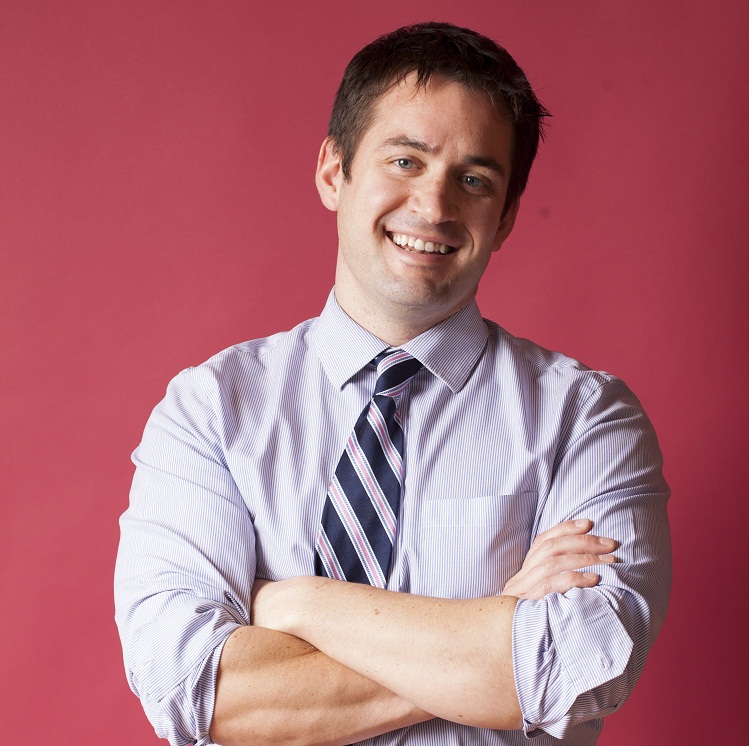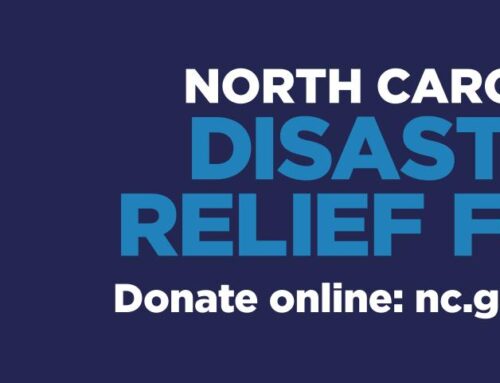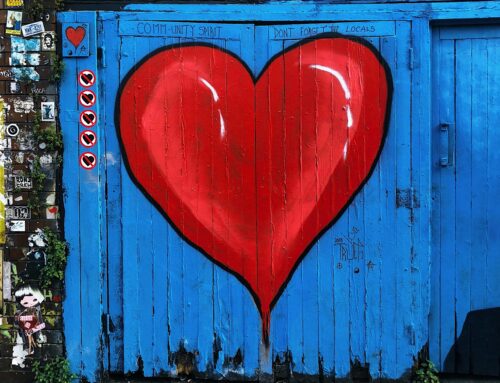 Thanksgiving is coming up, which means lots of nonprofit messaging around gratitude. But have you thought about whether your organization has a spirit of gratitude for others? In this guest post, Ross Johnston reflects on the power of sharing both gratitude and impact, and how that can change the results you get in fundraising and in life. ~Kivi
Thanksgiving is coming up, which means lots of nonprofit messaging around gratitude. But have you thought about whether your organization has a spirit of gratitude for others? In this guest post, Ross Johnston reflects on the power of sharing both gratitude and impact, and how that can change the results you get in fundraising and in life. ~Kivi
Guest Post by Ross Johnston
Happiness and Giving Study
There was a study recently where two groups of people were given $20 each. Both groups had different sets of instructions on what to do with the money.
– The first set was told “Spend the money on yourself”
– The second set was told “Spend the money on someone else”
At the end of the day, the researchers asked “How did you spend it? And how happy are you?” The people who spent the money on themselves saw a negligible increase in happiness. The people who spent money on others were much happier at the end of the day.
The researchers posited that spending money on others increased personal happiness.
Golf Carts and Lost iPhones
I was in Phoenix for a marketing workshop and was staying with a friend. That evening, we headed to old Scottsdale which is a mecca of restaurants, bars, and clubs. Golf carts carted people between locations.
We were about to take a golf cart cab from the parking lot when we met a woman who had her iPhone stolen. Her daughter was tracking it using the phone’s GPS service and it turned out to be very close to where we were going. So, we offered her a ride. She asked us to wait for her husband who sauntered over 5 minutes later.
The golf cart ride is normally a fun tour as you weave in and out of traffic and through darkened alleyways, but the novelty was dampened substantially by the lady’s husband who complained the whole way. He proclaimed their iPhone search seem pointless. He asked, “What are we going to do when we see the guy, punch him?”
When we got to our destination, I figured that the wife had been through enough. I took out my wallet and paid for everyone in the golf cart. When the husband took out his wallet, I said that I had already paid. He paused, laughed, and said, “I guess someone had to.”
Not Exactly A Thank You
In this instance, I was actually unhappier from spending money on someone else. It wasn’t that I felt that I needed a thank you, but my charitable offering didn’t seem to affect their disposition or circumstance one bit. At that moment I realized it wasn’t the act of giving that made people happy like the study suggested. It is the knowing there is an impact that makes people happy. The proportion of happiness derived from giving is directly proportional to the perceived impact.
There are those who might suggest that giving should be unconditional regardless of the outcome. I don’t believe that is the case. I contend that people give on the condition that their giving is making a difference. Both Warren Buffett and Bill Gates have given away the majority of their fortunes. They didn’t give to just any nonprofit; they gave their fortunes to organizations that they felt were creating the greatest economic and social good.
Bean’s Café and Appreciation
If you are operating a nonprofit and looking to develop donors, the key is to focus on all the impacts their donations achieve.
Two and a half years ago, our marketing company, Fine Point, got involved with Bean’s Café, a soup kitchen in downtown Anchorage. We created a video and social media campaign that focused on how the donations helped the homeless and how much the homeless appreciated the help.
The impact? Donations hit record levels.
Why Bean’s Café Was Different
Even though our company has volunteered services to several nonprofits over the years, Bean’s Café was the only one that saw a substantial impact.
Why? It is because Ken Miller, the director of development, made us feel appreciation from the bottom of his heart. Because of that, we worked harder and we did a lot more.
While other nonprofits may have given us public recognition or a plaque at an event, it was Ken Miller who looked me in the eye, paused, and said “You are much appreciated.” His thoughtful sincerity made all the difference in our happiness.
Ross Johnston owns Fine Point, a digital marketing company that specializes in responsive advertising. He has lived and worked around the world from Hong Kong to Sydney, but calls Alaska home. He was recognized as a Marketing Visionary by the American Marketing Association Alaska Chapter for the work that Fine Point did for Bean’s Café. He utilized online tools, social media, and community groups to engage potential donors. As a result, online donations tripled, mailer donations doubled, and Bean’s Café became a top recipient of a statewide charity drive called Pick.Click.Give.

![12 Things You Can Stop Doing Right Now [Infographic]](https://www.nonprofitmarketingguide.com/wp-content/uploads/2025/01/Stop-Doing-2025-Info-hung-up-500x383.png)



